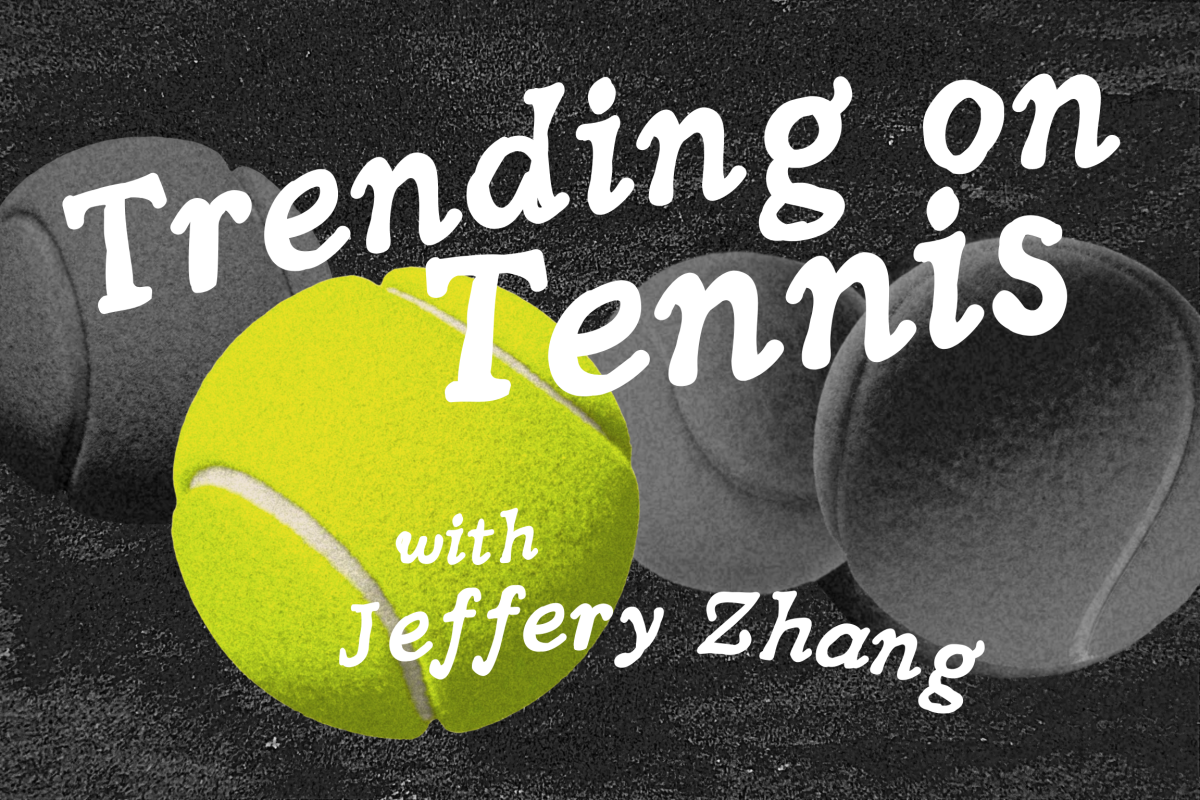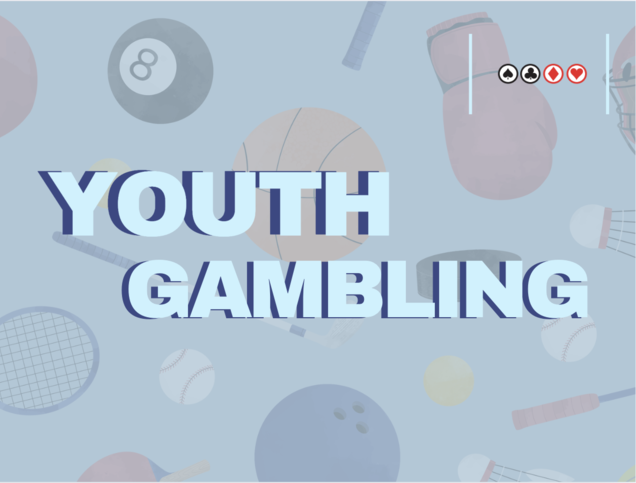Opinion: Jannik Sinner shouldn’t have been allowed to play the U.S. Open.
On Sept. 8, current world No. 1 professional tennis player Jannik Sinner won the men’s singles draw in the U.S. Open, cruising toward victory without dropping a single set in the final match. This tournament is his second grand slam title, and his first grand slam title in Queens, New York. Such an achievement would have been a promising sign of greater things to come in the 23-year-old’s career, but there’s only one problem: Jannik Sinner shouldn’t have been allowed to play in the first place.
For the readers who aren’t familiar with tennis, winning the U.S. Open is an astounding achievement. It’s one of the four largest tournaments in professional tennis and is known as a “grand slam.” These annual tournaments not only offer lucrative amounts of prize-money, but grant both the winners and participants a tremendous amount of ranking points. In Sinner’s case, he brought home a hefty $3.6 million and raked in an additional 2000 ranking points to further cement himself as the current world no. 1.
The catch is that just months before the tournament, Sinner tested positive not once, but twice for performance enhancing drugs (PEDs).
PEDs are banned substances that, like the name implies, are used to improve any form of activity performance in humans to boost their strength and add muscle. Not only are athletes who are caught using PEDs met with harsh punishments, but their reputations are usually ruined within the sporting scene.
By far the most famous example of this in professional tennis was women’s tennis player Maria Sharapova. Sharapova was a five-time grand slam champion who burst onto the scene in 2004 due to her obliterating groundstrokes and iconic grunt that accompanied them. However, in 2016, Sharapova admitted to, and tested positive, for the use of banned-substance meldonium, a performance enhancing drug. Deserved or not, Sharapova was handed a two-year suspension. In addition, her reputation was thrown into the mud and brands cut ties with her.
What happened to Sharapova should have set the standard for athletes years to come. So why didn’t Sinner receive the same type of treatment? Where is his two year suspension and why isn’t the media hounding him like they did with Sharapova? Why was he allowed to participate on one of the biggest stages of tennis only a couple months after he tested positive for banned substances?
Frankly, it’s outrageous – and looking at the context, it just doesn’t make sense.
On March 10, Sinner tested positive for low levels of a metabolite of clostebol, the same drug for which San Diego Padres star Fernando Tatis Jr. was suspended by MLB.
Eight days later, Sinner tested positive again in an out-of-competition sample.
But, because the International Tennis Integrity Agency (ITIA) ruled that it “did not oppose the player’s appeals to lift the provisional suspension” and that “the violation was not intentional,” Sinner was not handed any suspension and was allowed to play in the U.S. Open, which is incredibly hypocritical and illogical.
Then, he posted on Instagram, “I will now put this challenging and deeply unfortunate period behind me. I will continue to do everything I can to ensure I continue to comply with the ITIA’s anti-doping programme and I have a team around me that are meticulous in their own compliance.”
Sinner claims that it was completely unintentional, and he never meant to try and get an unfair jump on his competition. His story? A person on his team bought an over the counter medical spray called Trofodermin for themselves, and transmitted it to Sinner via massages.
Sure, mistakes happen. Because Sinner wasn’t notified of the positive test results until April, it’s understandable that he may have unintentionally gotten the clostebol in his system a second time. But, the packaging of the medical spray has a large warning that says “DOPING.” It’s hard to believe that Sinner, or somebody on his team, would fail to see this warning text. Especially considering the fact that “Clostebol” appears four times on the Trofodermin box.
John Gleaves, a kinesiologist at California State University, Fullerton, who tracks doping cases, also gave his thoughts.
“As an Italian athlete with Italian medical staff, you would think they would be aware of this issue and be a little more mindful to avoid that kind of contamination,” Gleaves said.
Sharapova tested positive only once, not twice. She, like Sinner, also stated that she did it unintentionally, claiming that her failed test was due to the fact that meldonium was only recently banned and she failed to recognize the updated list. In no way, shape or form am I claiming that Sharapova was wrongly suspended. Intentional or not, any person that uses a banned substance to enhance their performance and gain an unfair advantage deserves to be suspended. But, it is ridiculous that after what happened to Sharapova’s career for the same reason, Sinner got off with “no period of ineligibility.” He needs to be treated the same way as any other athlete would be treated and should never have been allowed to play in the U.S. Open in the first place.
As said by Canadian tennis player Dennis Shapavolov, who commented on the incident, there seems to be “different rules for different players.”
No matter what the intention is, an athlete who takes PEDs gains an unfair advantage over their competition. Both Sinner and his team failed to see the large “DOPING” warning on the packaging, and he tested positive twice for banned substances, so he still should have received a suspension. The fact that he won the U.S. Open makes the decision to let him continue playing even more egregious.
I feel sorry for the rest of the athletes who were banned for the same reasons as Sinner. It’s disgraceful that a player can test positive for a banned substance and face no consequences. It’s shameful and ruins the integrity of the sport. Stop being hypocritical, and give Sinner his deserved suspension.
Editor’s Note:
A previous version of this article was misleading in terms of the timeline of Jannik Sinner’s doping case. Sinner tested positive twice in March but was notified about the results in April. It was only until Aug 20., after Sinner’s hearing was concluded by an independent tribunal, that he posted his response on Instagram.



































real-tennis • Sep 23, 2024 at 7:30 AM
Sharapova admitted she intentionally took melodium and then failed to realize it got banned, but she obviously did it to enhance performance. Sinner was exposed to Clostebol, through a massage, without willingness and this is also confirmed by traces found in his blood that were less than a bilionth of a gram, which is less than .000000001 grams . We’re in the very scientific world of Omeopathy at these levels, which is a detail very carefully omitted in this great “article”.
But I can understand the Fritz’s defeat still burns….